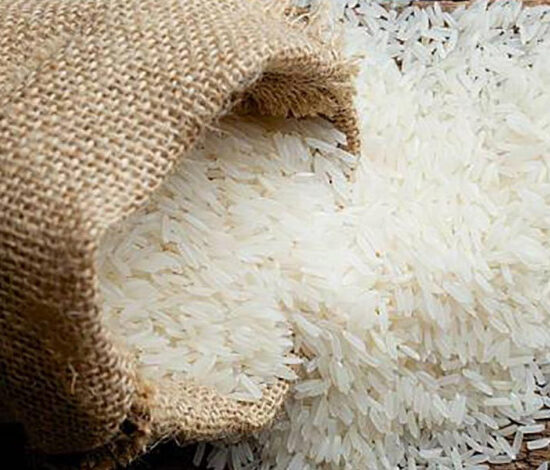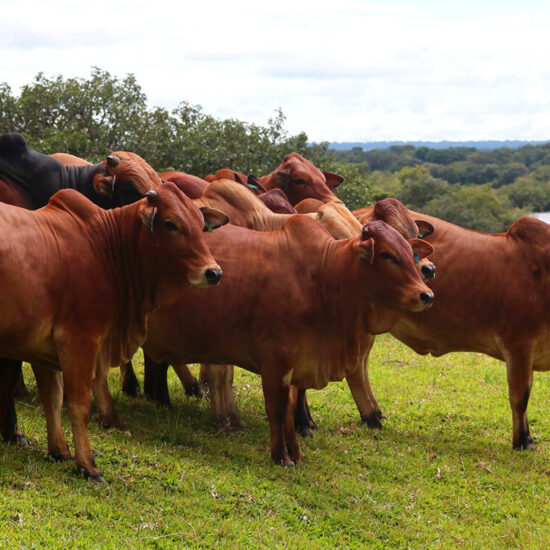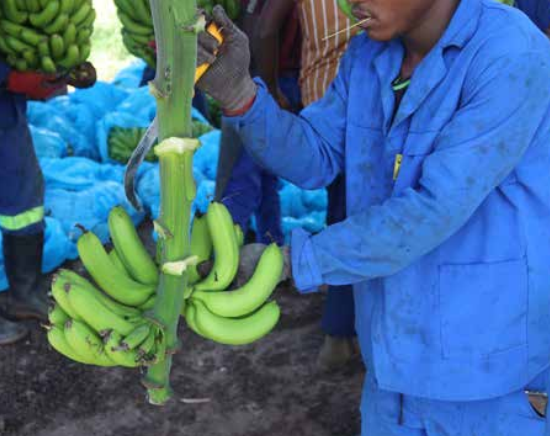
Zambia’s leading potato producer has attributed the increase in the potato cost on the market to high cost of fuel prices and the fluctuation of the Zambian Kwacha which has continued depreciating.
Meanwhile, Buya Bamba has revealed that it is still exporting frozen chips to countries like Uganda, Kenya, Botswana Malawi, South Africa and Namibia stating that there is no enough demand for frozen chips in Zambia.
Potato prices have increased on the Zambian market by about 20 percent from K110 last Month to now about K130.
Speaking in an exclusive interview with the Zambian Business Times – ZBT, Buya Bamba Managing Director Antony Baker said the increase in the cost of potatoes to the high cost of fuel prices and the fluctuation of the Zambian Kwacha which has continued depreciating.
Baker said that when the kwacha weakens, potato prices are also expected to increase adding that if the company does not increase the prices amid the weak currency, the company might incur losses.
He noted that if the kwacha was stronger, potatoes on the local market would have been more affordable than it is now.
“The problem is that most of Zambia’s inputs are all dollar based, starting with fertilizer chemicals and even the fuel prices are being changed every month and when the kwacha devalues everything is going up because everything is linked to the dollar. So we are also exposed to the same thing. The problem is that when the kwacha weakens, then obviously the prices need to be adjusted because if we don’t adjust our prices upwards it becomes non – profitable,” he said.
“I’m hoping that the kwacha strengthens because there is nothing we can do. So I don’t know what we can do because everything we are putting in the ground such as the fertilizer are all dollar based including the fuel price. Every month they are changing the fuel prices. So it’s the same problem. We need diesel to plant and transport potatoes. So when prices are going up we also need to adjust our prices unfortunately. If the kwacha was stronger, maybe the potato prices wouldn’t go up and I think it’s the same thing for most things at the moment. The problem is that we are all exposed to our inputs being dollar based and that’s our biggest problem. Maybe if there was some fertilizer company that can start producing fertilizer locally then we can buy our fertilizer in Kwacha,” said Baker.
Asked if the company has an out grower scheme to support local agribusinesses to expand potato production, Baker retorted that the company has no out grower schemes but only avail their seeds to farmers and link them to the potato market when potatoes are ready.
“My response to that is that we have plenty of potatoes on the market to supply our customers. We need to support local farmers and we need to create our own agriculture supply base so that we are self-sufficient otherwise we will keep importing products. We don’t do out grower schemes because we don’t have financial backing to do the out grower schemes. We only make seed available and link farmers to the market when the potatoes are ready. So for the frozen chips as far as I know, we are exporting to Uganda, Kenya, Botswana Malawi, South Africa Namibia and its ShopRite mainly that are buying from those regions because there is not enough demand in Zambia,” said Baker.
Baker added that there is need for the government to formulate long term policies for investors which will allow them to support agricultural development and growth in Zambia for a longer period of time.
“We want consistent policies, we want long term policies that we can work with and not short term policies so that when we invest, we invest in long term. These are the aspects that will support and help the agriculture industry in Zambia not just for potatoes but other agricultural products, Zambia has a lot of potential, we have water, land and agricultural opportunities but unfortunately we need support from the government to allow the industry to grow and not have Zambia as a dumping ground for imports because if you allow imports all the time to flood your market then, you won’t grow anything because you will be too scared that when you grow your product you will find that there is no market,” said Baker.







